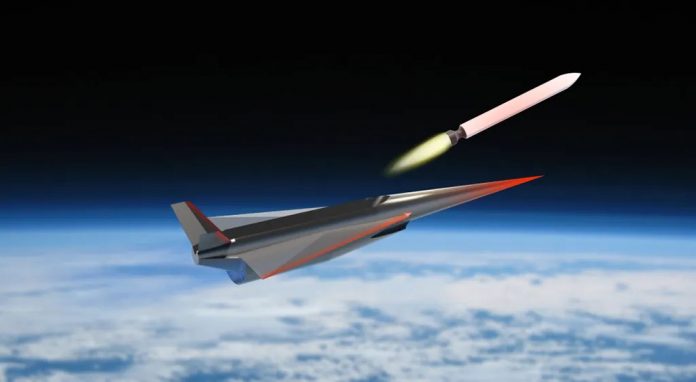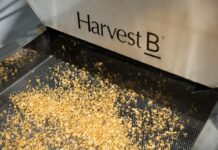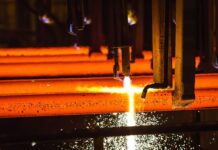
Smallsat launch startup Hypersonix Launch Systems and the University of Southern Queensland will work together on the Delta Velos reusable launch vehicle under a framework agreement announced Monday.
Professor Peter Schubel, Director of University of Southern Queensland’s Centre for Future Materials (CFM), said the project would support the development of high-temperature composites, which are essential for the development of Hypersonic vehicles.
“We are the first university to sign an agreement with Hypersonix Launch System to support their journey towards their first launch approximately two years from now,” added Professor Schubel.
“The goal is to investigate materials for their high-temperature resistance and long durability, for the purpose to develop reusable launch vehicles and engines – a game-changer in launch capability.
“USQ will work with Hypersonix on the design, modelling and prototype build of hypersonic’s vehicle systems using these composites.”
The Delta Velos launch vehicle is part of Hypersonix’s three-stage launch system that will be powered by the company’s reusable scramjet.
Earlier this year, the company successfully demonstrated that its scramjet engine can accelerate from Mach 5 to Mach 10.
Hypersonix Managing Director, David Waterhouse, said material selection has always been a challenge for the Hypersonic’s industry, with the high speeds creating high temperatures and changes in material properties through friction with air molecules during thrust.
“When travelling at speeds of Mach 5 to Mach 10, the vehicle’s temperature can reach in excess of 1800-degree Celsius,” he continued.
“At this temperature, normal metal alloys would melt and carbon composites turn to dust.
“USQ is doing leading research of HT CMCs and SiC/SiC composites that are both heat resistant and lightweight, making them ideal for aerospace applications.”
“We believe our collaborative efforts on this program will result in world-leading technology and export opportunities for Australia,” he concluded.



















